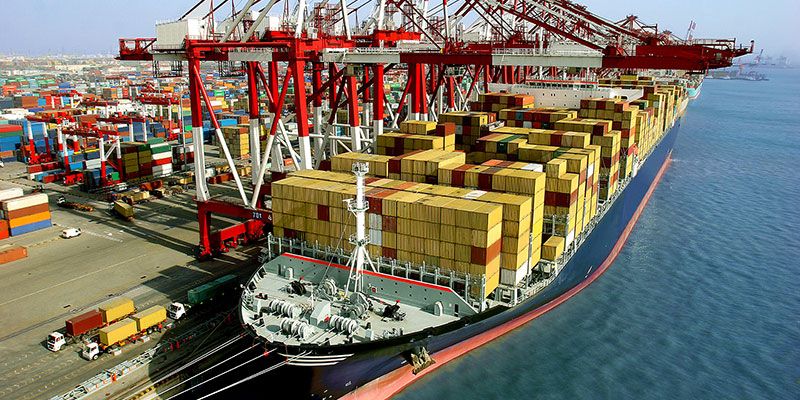Energy demand and efficiency

Meeting our climate targets as set out in the Climate Change Act requires an almost complete transformation of the energy system to low carbon technologies combined with substantial reductions in our demand for energy.
Energy demand reduction provides an immediate and effective low risk response to climate change, it also improves energy security, reduces fuel poverty and raises economic activity.
We lead a number of centres and large projects that have made a substantial contribution to energy demand and efficiency research including:
Energy Demand Research Centre (EDRC)
The Energy Demand Research Centre is undertaking research to inform and inspire energy demand reductions in the UK that support an affordable, comfortable and secure Net Zero society. Reducing energy demand not only helps tackle climate change but can improve both energy security and affordability. The Centre takes a whole system, interdisciplinary approach that is focused around five themes.
The University of Leeds is leading on three themes: Futures, Place and Governance. The Futures theme is exploring the underlying conditions needed to deliver a low energy future in the UK using both modelling and citizen engagement. The Governance theme examines how to embed reduced energy demand as a central part of UK’s Net Zero approach at local, regional and national levels. The Place theme investigates how place-based approaches can accelerate delivery of energy demand reductions and realise the associated benefits at lower cost.
Read the University of Leeds announcement of the new EDRC centre.
Centre for Research into Energy Demand Solutions (CREDS)
Leeds played a major role in leading the £19.5m CREDS research centre which aimed to make the UK a leader in understanding the changes in energy demand needed for the transition to a secure and affordable, low carbon energy system. Our researchers led the work on ‘Transport and Mobility’, ‘Materials and Products’ and ‘Decarbonisation of Steel’.
- Read the Transport and Mobility Findings Report on the CREDS website, which sets out the project findings that the amount of energy used in the UK for transport (vehicles, trains, aviation) can be reduced by 60% by 2050, compared to current levels.
- Read the Materials & Products Findings Report on the CREDS website which sets out how delivering net-zero in industry will require a combination of improved material resource efficiency, energy efficiency improvement and new zero-carbon industrial processes.
- Read the Decarbonisation of Steel Findings Report on the CREDS website which sets out key policy options for the government to drive green steelmaking, including lowering industrial electricity prices (the UK has the highest in Europe), removing discrepancies between the cost of carbon emissions for steelmakers based on the level of their emissions associated with electricity consumption, and implementing a carbon border adjustment mechanism.
Energy and Sustainable Buildings
Our Energy and Sustainable Buildings group based in Civil Engineering brings together researchers looking at the efficient use of energy in buildings including natural and low energy ventilation, low impact materials and waste minimization, thermal energy networks and geothermal heating and cooling. This interdisciplinary approach helps us to ensure efficient, sustainable and healthy built environments.
Work with us on energy demand and efficiency
For enquiries about our research and working with us please email the Energy Leeds team via energy@leeds.ac.uk.